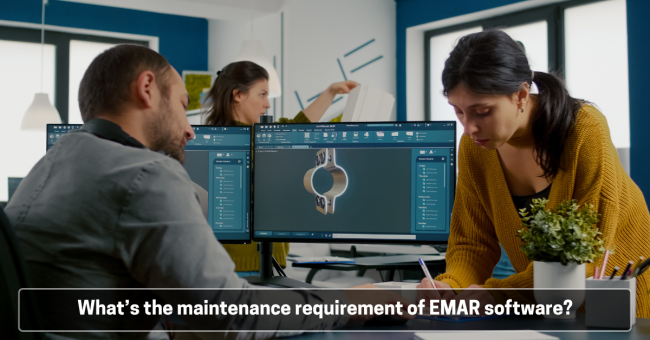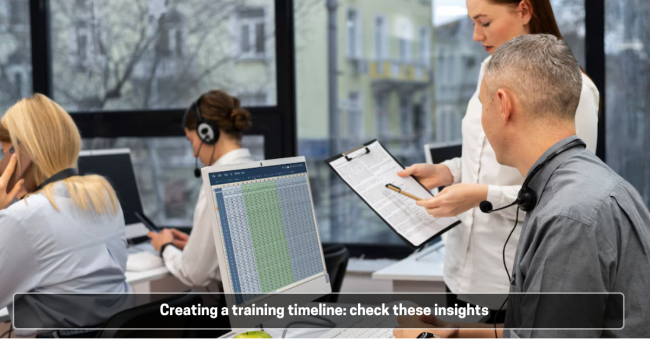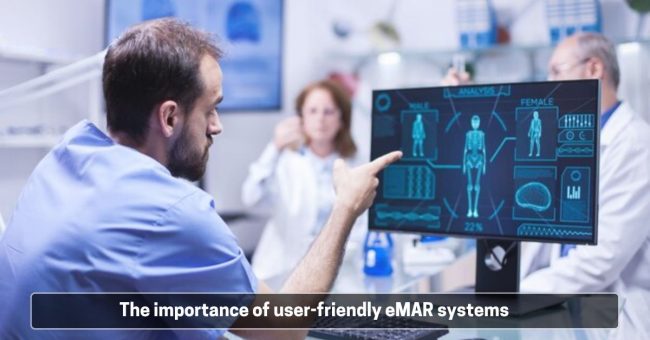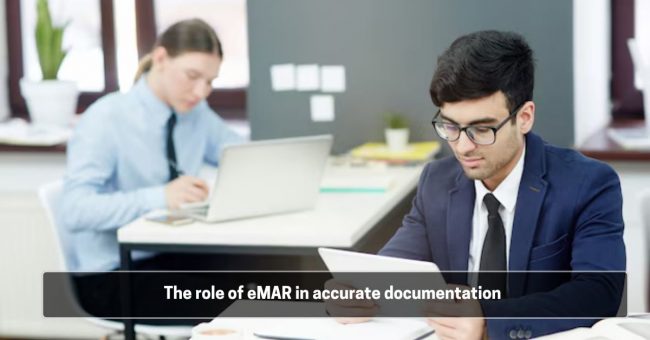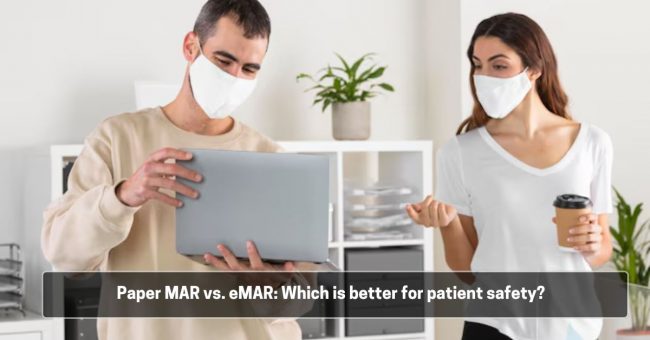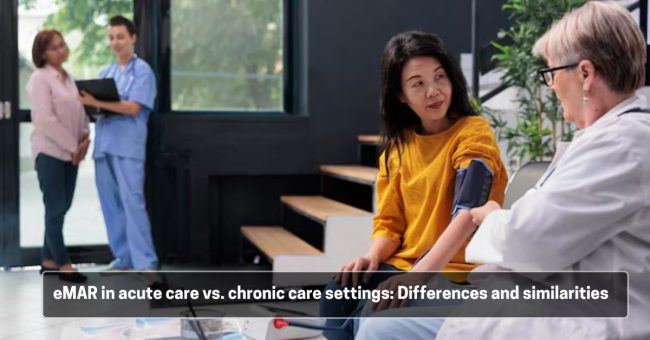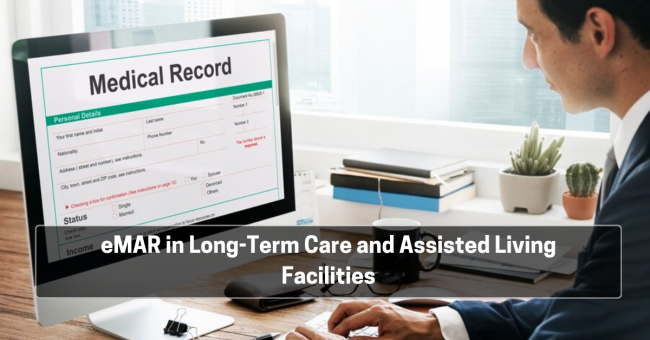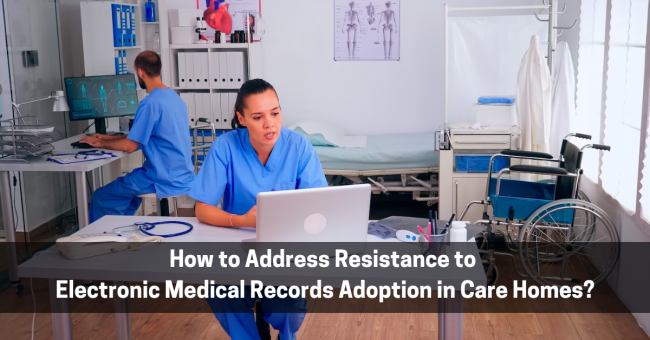What’s the maintenance requirement of EMAR software?
Many care homes in the UK have adopted Electronic Medication Administration Record (EMAR) systems. These platforms offer numerous benefits, including enhanced medication safety, improved compliance, and streamlined workflows. However, successful implementation does not end at installation. Ongoing maintenance remains a crucial component for optimal functionality and regulatory compliance. If you are a care home manager,…

